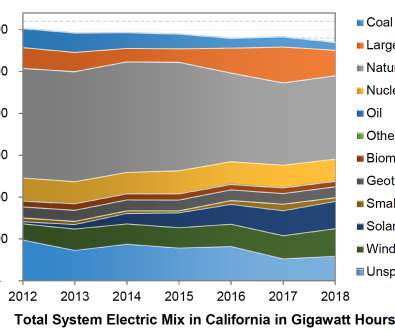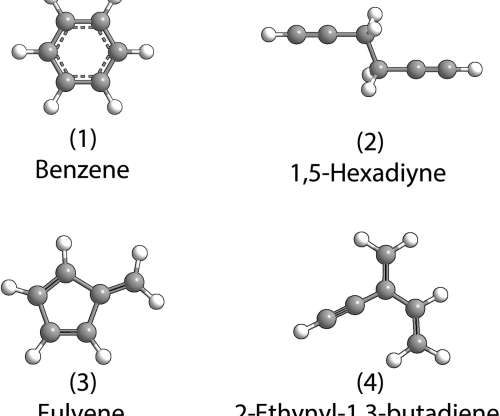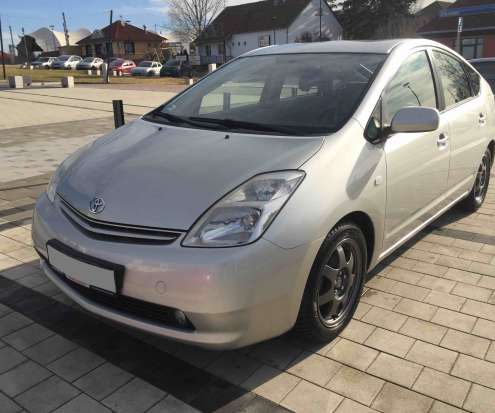CARB publishes 2020 CI values for electricity as transportation fuel: average 82.92 gCO2e/MJ, up from 2019
Green Car Congress
MARCH 10, 2020
The California Air Resources Board (CARB) Executive Officer has certified the 2020 annual update to the carbon intensities (CI) of the lookup table pathways for a) California Average Grid Electricity Used as a Transportation Fuel in California and b) Electricity Supplied under the Smart Charging or Smart Electrolysis Provision.














































Let's personalize your content